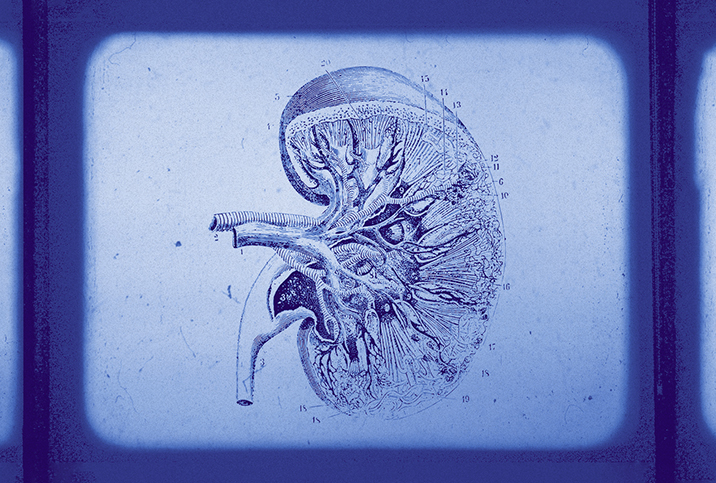Social media is a ready source for all kinds of information, from recipes and car-care tips to cat videos and medical advice. Here's the thing: The medical info isn't always, shall we say, accurate. Take urological tips.
Three studies presented at the American Urological Association's 2022 Annual Meeting in May documented the information about urological health on social media. They found the quality of the info to be lacking in most cases. Sometimes misinformed. Sometimes misleading.
We talked to the authors of those studies to find out more. Our four-part series will include stories that focus on a study on women's urinary tract infection misinformation in YouTube videos and one that takes an in-depth look at a study about men's urological health videos. We'll also get into the challenges healthcare professionals face in combating misinformation purveyors on their own turf, and some ways they're trying to make inroads against the mountains of misinformation on social media.










